Géode Round Plate by Matthieu Gicquel Dimensions: D 32 x W 36 x H 3 cm. Materials: Optical glass and gold leaf. Weight: 7 kg. Each piece is numbered. Please contact us. Praise for the moment Light shines through the glass. Details are revealed one by one: here a light bubble rises, there a changing reflection. To seek to understand Matthieu Gicquel’s glass art - because what we’re really talking about here is touching the senses of the material, of the work - is first and foremost to follow the path mapped out by Junichiro Tanizaki in In Praise of Shadows. For him, «[...] we forget what is invisible to us, we regard as non-existent what cannot be seen»; yet the creator’s entire will lies in this need to reveal to us what seems absent, to give substance to the mystery from a material so common that we no longer pay attention to it. Two words-concepts of Japanese origin-form the original basis of Matthieu Gicquel’s artistic philosophy: wabi-sabi and Yûgen. The first is the powerful idea that beauty is to be found in the banal, the everyday, the vile. To the European eye, at first glance, it seems hard to grasp: what beauty is there in a chipped bowl, in pronounced wear and tear? But then... The everyday and the commonplace contain within them the sublime. But the evidence of beauty, its subtlety, is intrinsic to the object and above all to the way it is viewed. That’s the whole idea behind Yûgen: each object is a universe in itself, but it’s up to the viewer to let themselves be caught up in its mystery. At the crossroads of these two concepts, we are talking here about a meditative state, taking time, slowing down. Sitting down, contemplating one of Matthieu Gicquel’s creations, letting yourself be carried away by a colour changing with the light, by a reflection, a ray. A glass object is a moment when the mind wanders, discovering details and minute variations. A creation is a ray of sunlight on the skin when you wake up in the morning. The work of the glassmaker is extreme formal simplicity combined with the complexity of the soul and the eye. And like Leonardo da Vinci, Matthieu Gicquel brings us to the truth that simplicity is the ultimate sophistication. And through it, the designer’s art encourages us to open our minds. Pierre Soulages would say that «the sacred (is) there for everyone, including people who are not believers». In fact, there is a sacred dimension to the glassmaker’s work in that, through its contemplative function, it leads to an elevation of the soul, a transcending of the mundane (though very much present in the material itself, in its pragmatism) to touch on the spiritual. All that remains now is to take the time to look out, to apprehend what our eyes cannot see and contemplate, finally, to discover beyond what is no longer just a simple piece of glass.
Plato redondo Géode de Matthieu Gicquel Dimensiones: P 32 x An 36 x Al 3 cm. Materiales: Vidrio óptico y pan de oro. Peso: 7 kg. Cada pieza está numerada. Póngase en contacto con nosotros. Elogio del momento La luz brilla a través del cristal. Los detalles se revelan uno a uno: aquí surge una burbuja de luz, allí un reflejo cambiante. Intentar comprender el arte en vidrio de Matthieu Gicquel -porque de lo que realmente se trata aquí es de tocar los sentidos del material, de la obra- es ante todo seguir el camino trazado por Junichiro Tanizaki en Elogio de las sombras. Para él, "[...] olvidamos lo que nos es invisible, consideramos inexistente lo que no puede verse"; sin embargo, toda la voluntad del creador reside en esta necesidad de revelarnos lo que parece ausente, de dar cuerpo al misterio a partir de un material tan común que ya no le prestamos atención. Dos palabras -conceptos de origen japonés- forman la base original de la filosofía artística de Matthieu Gicquel: wabi-sabi y Yûgen. La primera es la poderosa idea de que la belleza se encuentra en lo banal, lo cotidiano, lo vil. Para el ojo europeo, a primera vista, parece difícil de comprender: ¿qué hay de bello en un cuenco desconchado, en un desgaste pronunciado? Pero entonces... Lo cotidiano y lo vulgar encierran lo sublime. Pero la evidencia de la belleza, su sutileza, es intrínseca al objeto y, sobre todo, a la forma en que se mira. Esa es la idea de Yûgen: cada objeto es un universo en sí mismo, pero corresponde al espectador dejarse atrapar por su misterio. En la encrucijada de estos dos conceptos, hablamos aquí de un estado meditativo, de tomarse el tiempo, de ralentizar la marcha. Sentarse, contemplar una de las creaciones de Matthieu Gicquel, dejarse llevar por un color que cambia con la luz, por un reflejo, un rayo. Un objeto de cristal es un momento en el que la mente divaga, descubriendo detalles y variaciones minúsculas. Una creación es un rayo de sol sobre la piel al levantarse por la mañana. El trabajo del vidriero es la extrema sencillez formal combinada con la complejidad del alma y el ojo. Y como Leonardo da Vinci, Matthieu Gicquel nos lleva a la verdad de que la sencillez es la máxima sofisticación. Y a través de ella, el arte del diseñador nos anima a abrir nuestras mentes. Pierre Soulages diría que "lo sagrado (está) ahí para todos, incluidas las personas que no son creyentes". En efecto, hay una dimensión sagrada en el trabajo del vidriero en la medida en que, por su función contemplativa, conduce a una elevación del alma, a una superación de lo mundano (aunque muy presente en el propio material, en su pragmatismo) para tocar lo espiritual. Ahora sólo queda tomarse el tiempo de mirar hacia fuera, de aprehender lo que nuestros ojos no ven y contemplar, por fin, para descubrir más allá lo que ya no es un simple trozo de cristal.
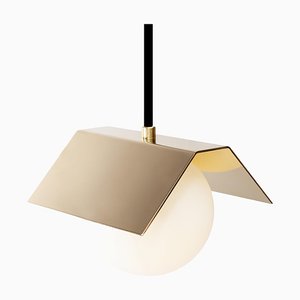
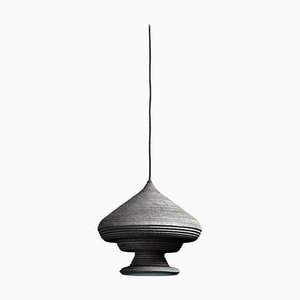
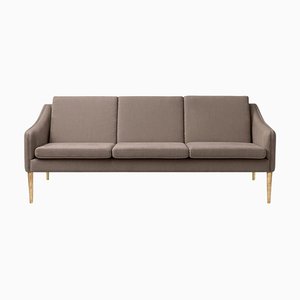
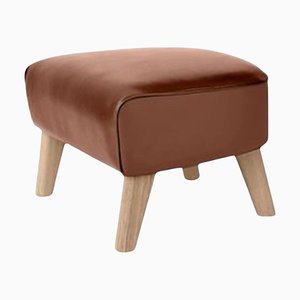
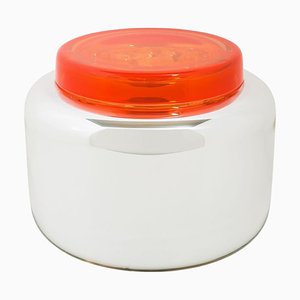
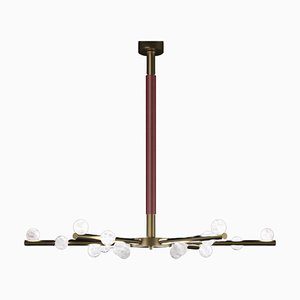
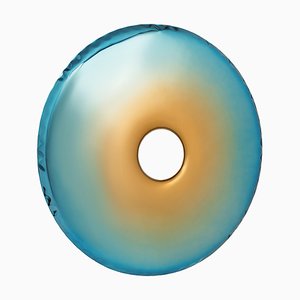
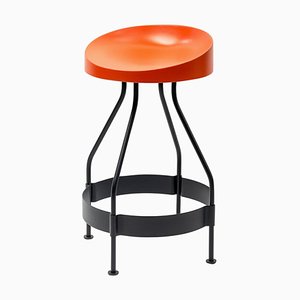
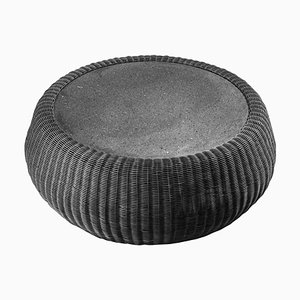
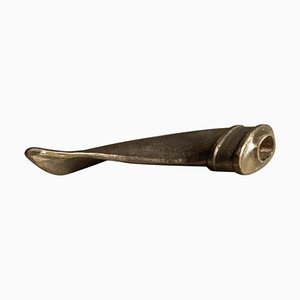
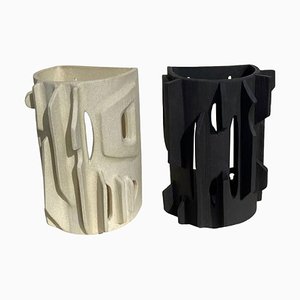
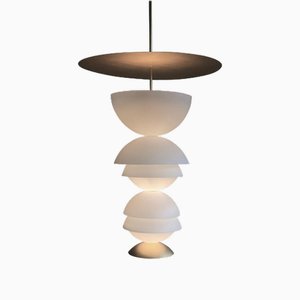
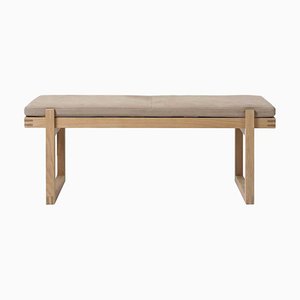
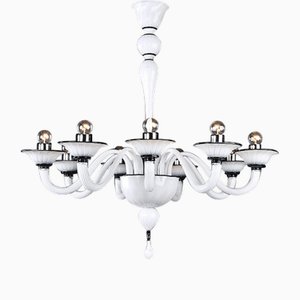
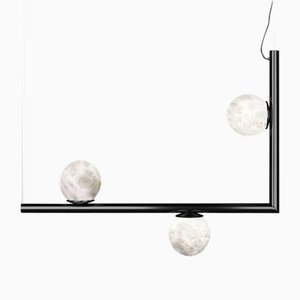
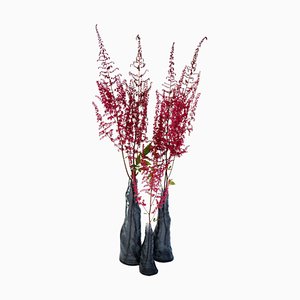
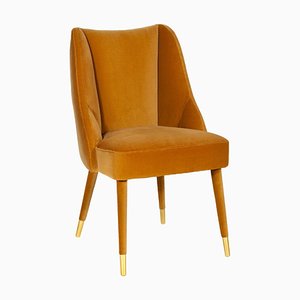
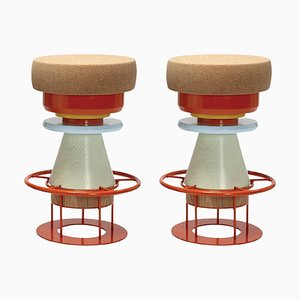
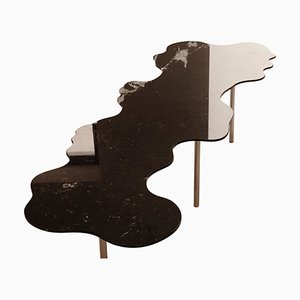
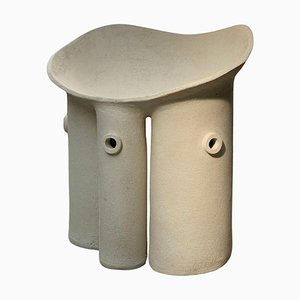
Contacta con nosotros
Haz una oferta
¡Hemos notado que eres nuevo en Pamono!
Por favor, acepta los Términos y condiciones y nuestra Política de privacidad
Contacta con nosotros
Haz una oferta
¡Ya casi está!
Para seguir la conversación en la plataforma, por favor completa el registro. Para proceder con tu oferta en la plataforma, por favor completa el registro.Exitoso
Gracias por tu consulta, alguien de nuestro equipo se pondrá en contacto contigo en breve.
Si eres profesional del diseño, por favor solicita aquí los beneficios del Programa comercial de Pamono